 Wednesday, June 11, 2025
Wednesday, June 11, 2025Lipedema Diet: How to Alleviate Pain and Enhance Well-being through Targeted Nutrition
Do you know the feeling when your legs or arms just won’t become slimmer despite exercising and dieting? They ache, feel tight, or heavy? You're not alone. Millions of women suffer from lipedema, a chronic, painful fat distribution disorder that is more than just an "aesthetic issue". It not only affects your body but also assaults your self-esteem, your joy for life, and often even your daily routine. But there is hope. And it begins on your plate.
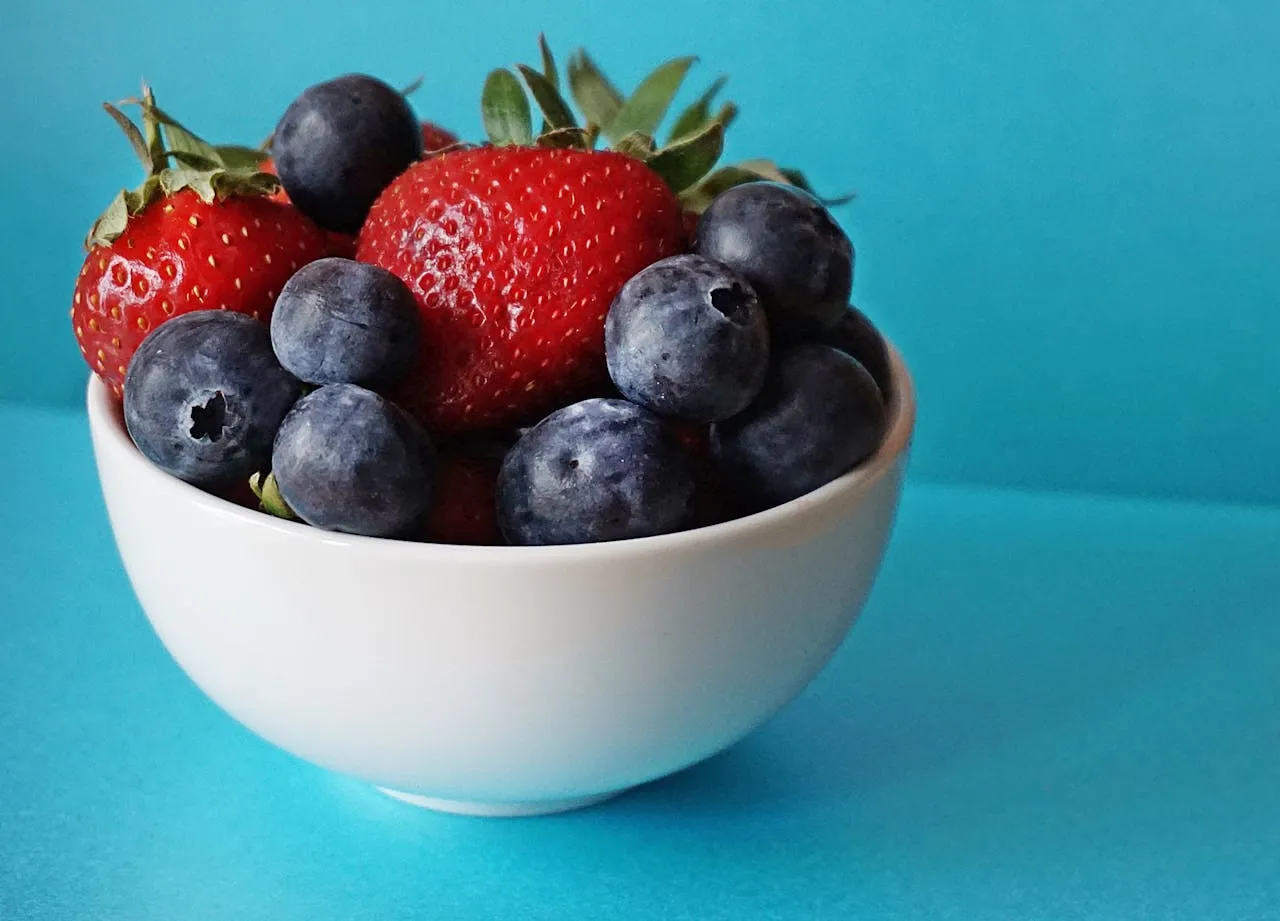
What exactly is lipedema?
Lipedema is a chronic fat distribution disorder, in which subcutaneous fat tissue—usually in the legs, hips, and sometimes in the arms—grows disproportionately. This leads not only to fat accumulation but also to pain, tenderness, propensity for bruising, and a growing sense of heaviness.
Important: It is not obesity, although many affected individuals also suffer from it. Even strict diets and intense exercise often fail to bring the desired results for lipedema—precisely why special nutrition is so crucial.
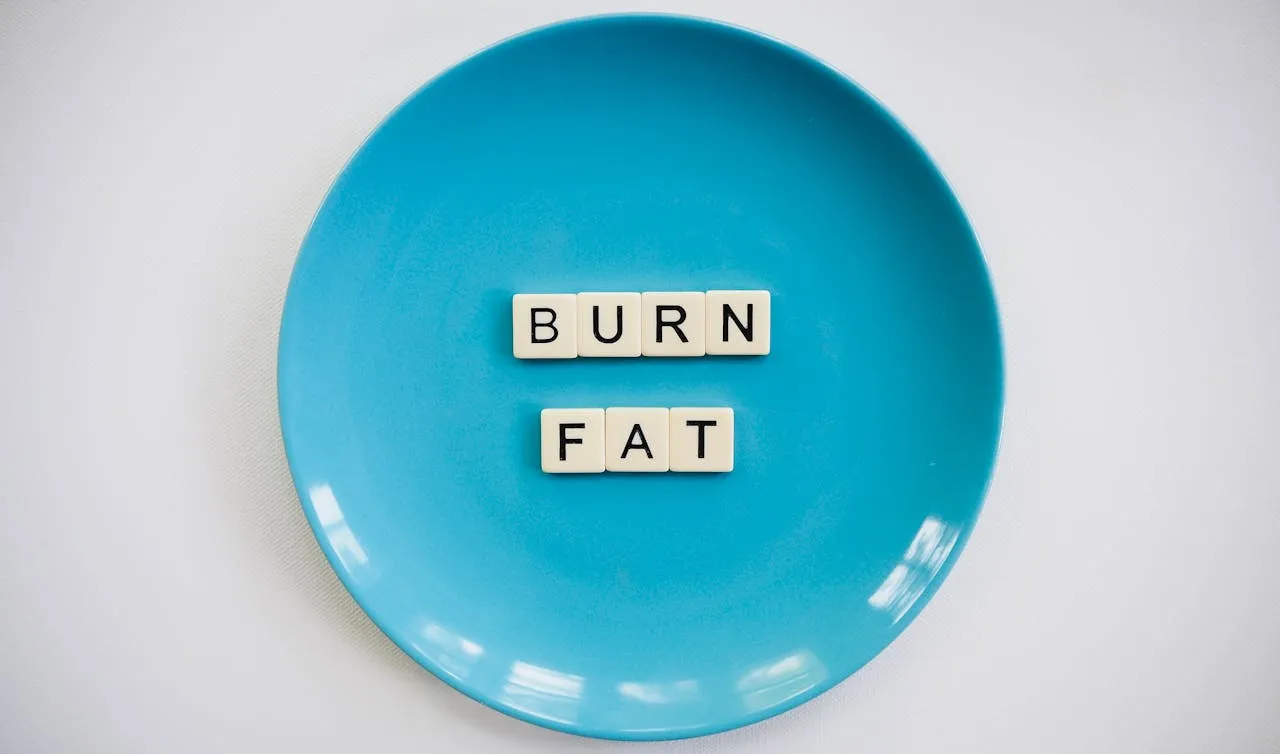
Lipedema and nutrition—myth or power?
While nutrition cannot cure lipedema, scientific studies show that a targeted diet can help to reduce inflammation, alleviate pain, decrease water retention, and improve overall well-being. The key lies in an anti-inflammatory, hormone-friendly, and metabolism-boosting diet.
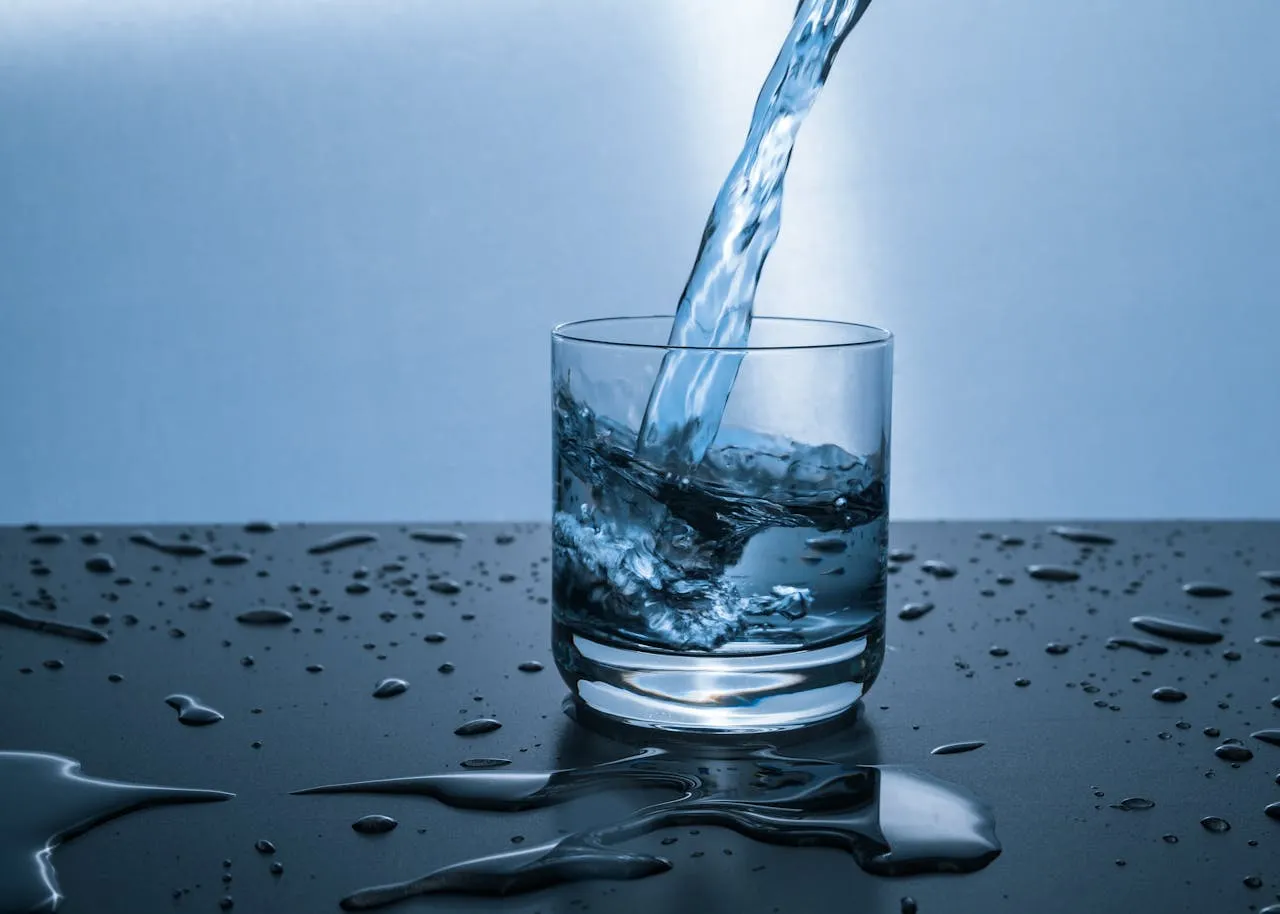
What to eat with lipedema—and what not to
This isn’t about strict prohibitions—it's an invitation to support your body lovingly and intelligently. Think of your diet as an alliance fighting beside you. These foods are your strongest allies:
Anti-inflammatory foods: Your shields
- Omega-3 fatty acids (e.g., from salmon, mackerel, flaxseeds, chia seeds): reduce inflammation
- Green vegetables like broccoli, spinach, or kale: rich in antioxidants
- Berries (blueberries, raspberries): natural free-radical scavengers
- Turmeric, ginger, garlic: powerful natural anti-inflammatories
- High-quality vegetable oils: such as flaxseed oil, walnut oil, hemp oil
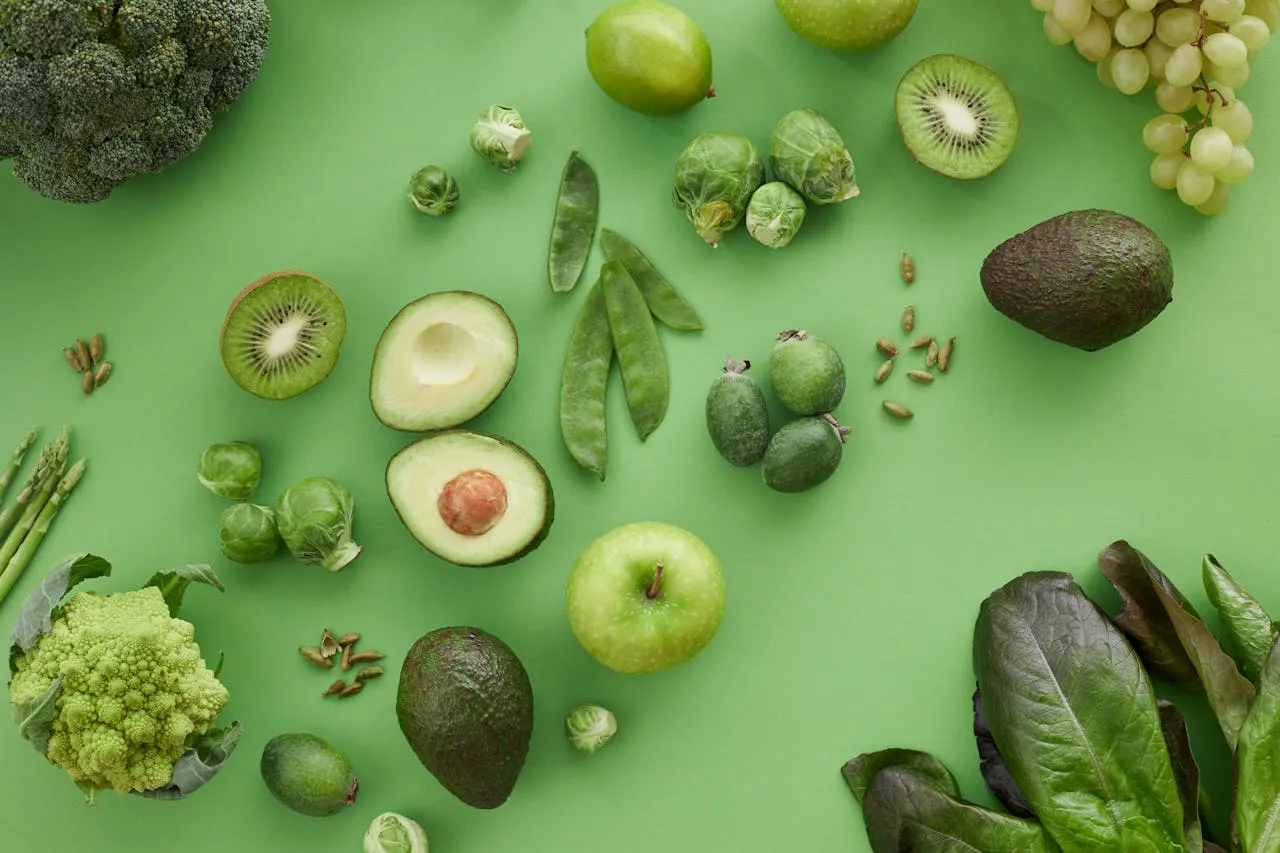
Hormonal balance through nutrition
Lipedema is closely linked to hormonal processes—particularly estrogen. Therefore, it is wise to favor foods that gently regulate hormonal balance:
- Fiber-rich whole grain products: support the breakdown of estrogen through the gut
- Flaxseeds (in moderation!): contain phytoestrogens that may help to buffer hormone spikes
- Carbohydrate control: stable blood sugar levels help avoid hormonal chaos
Anti-inflammatory beverages: Liquid gold
- Green tea or white tea: contain polyphenols that reduce inflammation
- Plenty of still water or unsweetened herbal tea: promotes lymph flow
- Celery juice or lemon water in the morning: gently relieves the lymphatic system
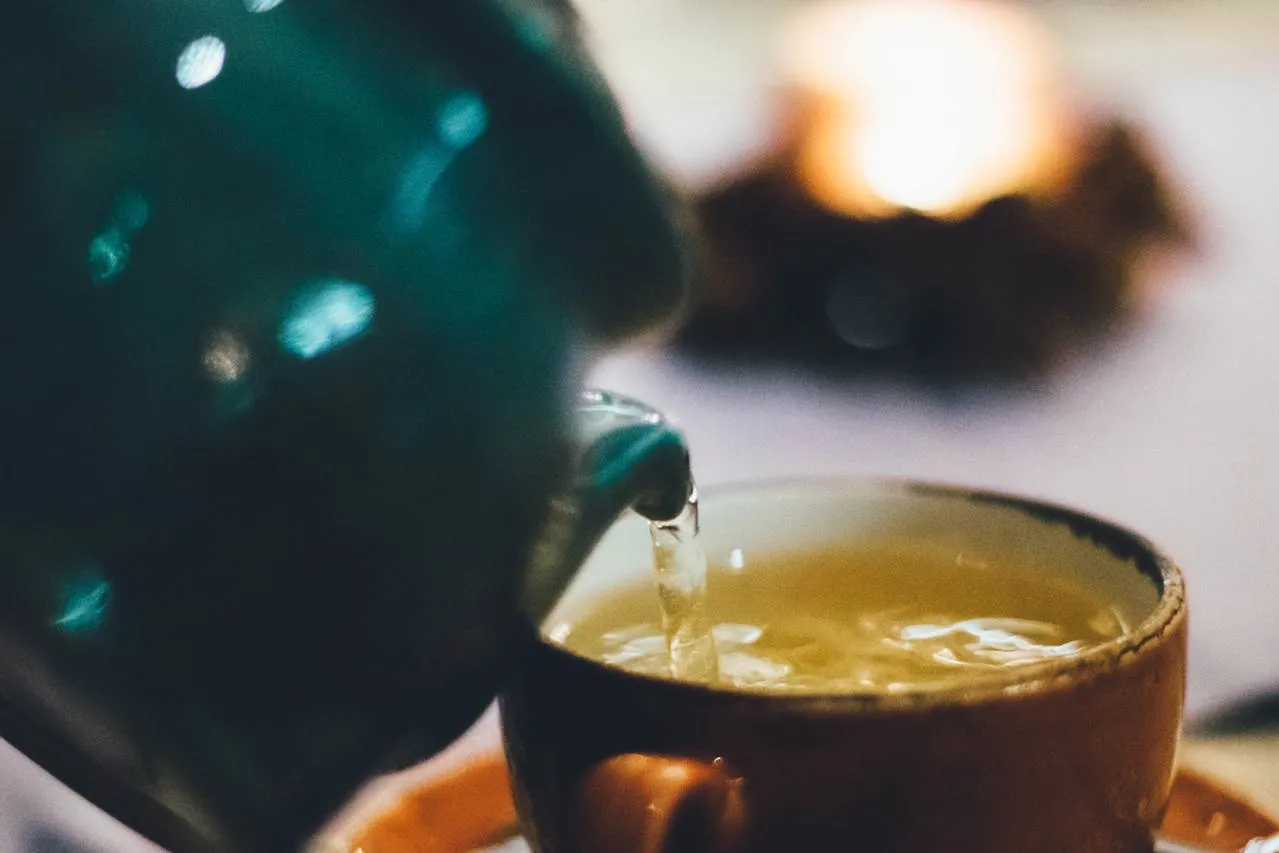
Foods to avoid with lipedema
Unfortunately, some foods promote inflammatory processes, retain water, or favor hormonal imbalances:
- Sugar and sweeteners: promote inflammation and cravings
- Refined flour products: cause blood sugar rollercoasters
- Excessive alcohol and caffeine: burden the liver and lymph
- Processed meats: often contain additives that irritate the tissue
- Dairy products: can increase water retention in some affected individuals
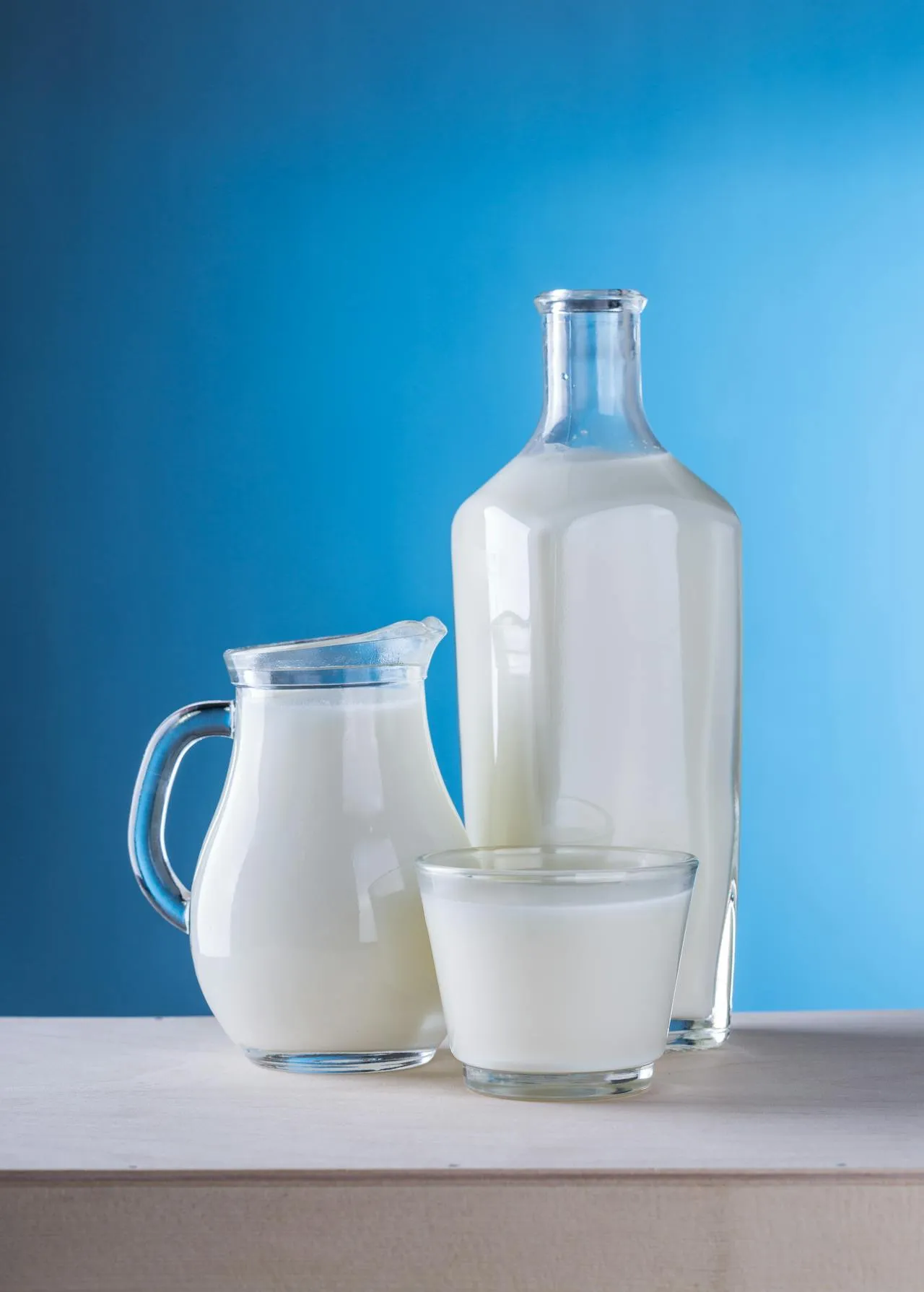
Timing, portion size, and eating rhythm—this also counts
It’s not only what you eat but also how and when you eat that matters in lipedema:
- Smaller, regular meals: avoid blood sugar spikes
- Slow, mindful eating: improves digestion and reduces stress
- Intermittent fasting (e.g., 16:8): promising results in studies regarding inflammation
Lipedema and water—your silent helper
Drink plenty of water! Lipedema often comes with lymphatic congestion and water retention. Ironically, high fluid intake can help to reduce these water retentions. Goal: 2.5–3 liters per day, preferably still water or herbal tea.
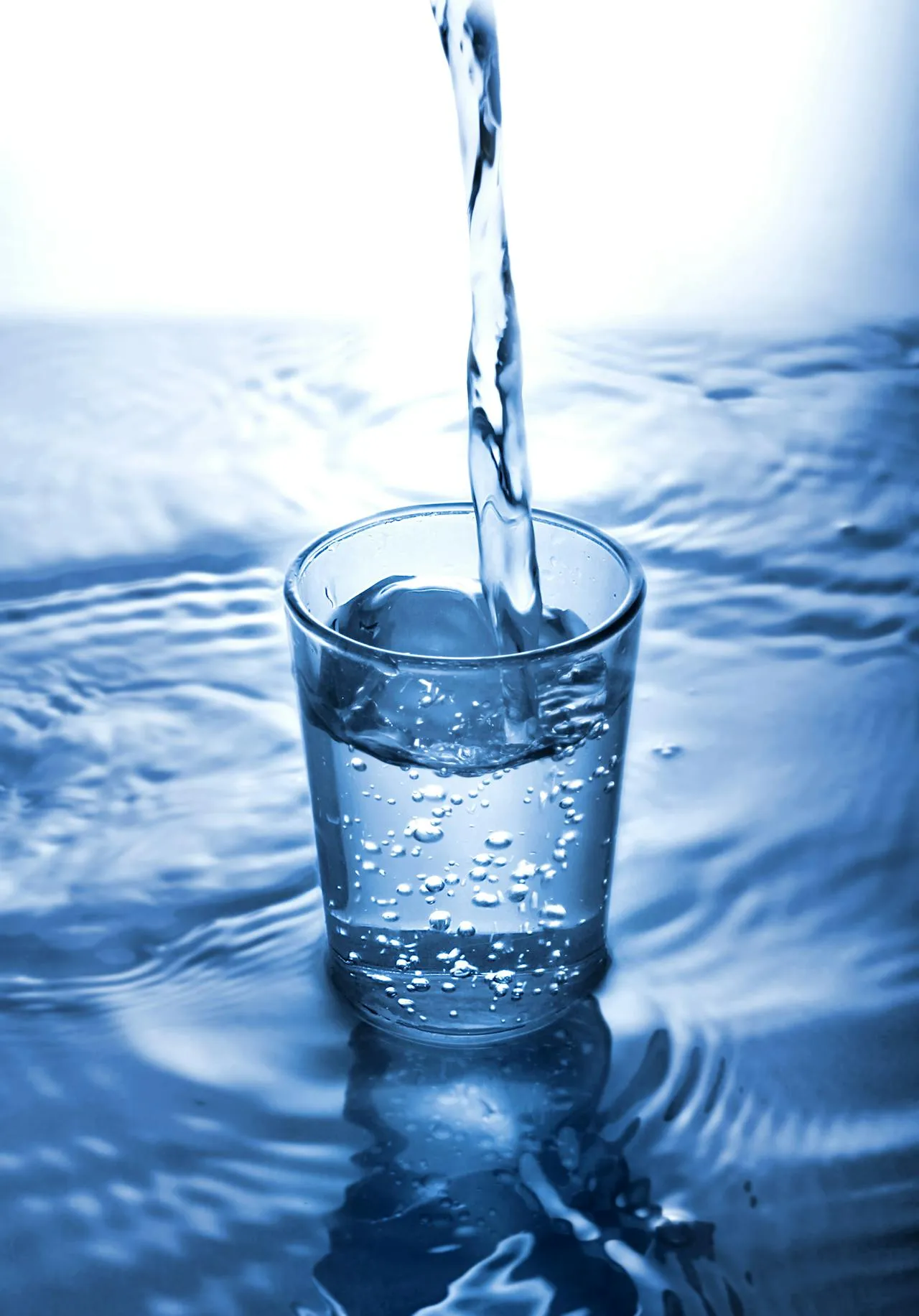
Supplements—useful or unnecessary?
Research in this area is cautious, but there are some supplements that have been proven to help:
| Supplement | Potential Benefit |
|---|---|
| Omega-3 fatty acids | Anti-inflammatory |
| Vitamin D | Immune regulation, hormone balance |
| OPC (grape seed extract) | Supports vascular health |
| Magnesium | Muscle relaxation, lymph flow |
| Enzymes (e.g., bromelain) | Promote lymphatic activity |
Before taking any, you should always consult with a doctor.
Exercise & nutrition: The dream team against lipedema
Nutrition is important—but not everything. Light exercises such as swimming, aqua fitness, walking, or lymphatic gymnastics activate lymph flow and can enhance the effects of your diet. Particularly in combination with compression therapy, it can provide noticeable relief.

Conclusion: Your diet is your strongest ally
Having lipedema doesn’t mean being helpless. It means learning to listen to your body’s signals. With a deliberately chosen, anti-inflammatory, and hormone-friendly diet, you can significantly alleviate symptoms, improve your body feeling, and regain quality of life.


